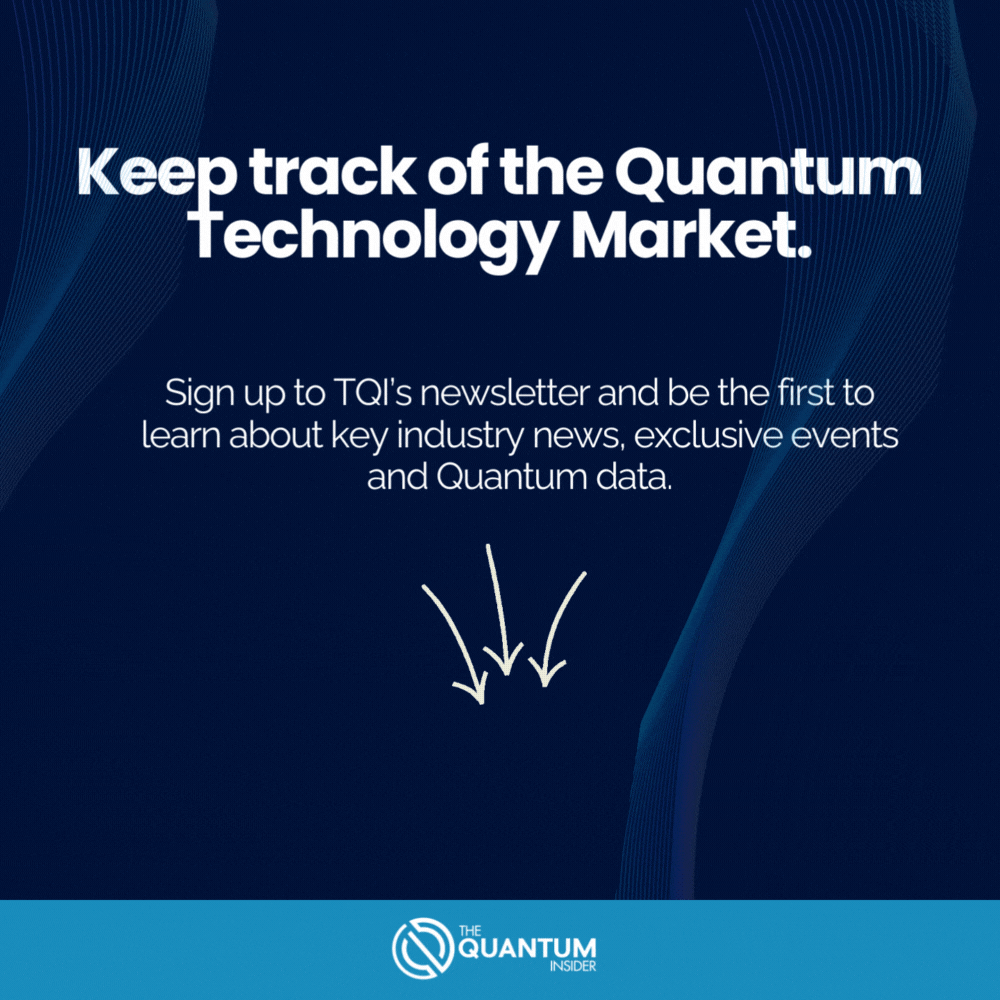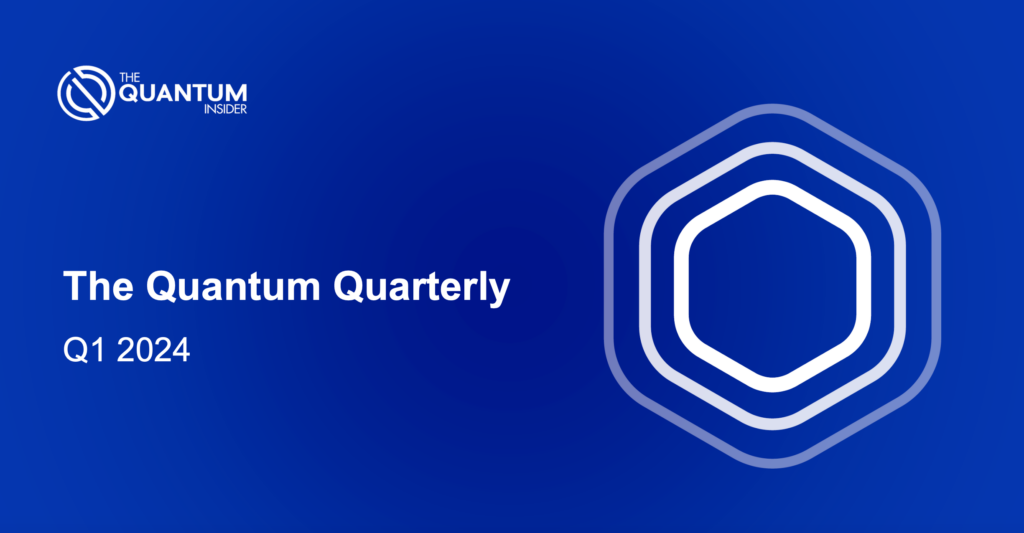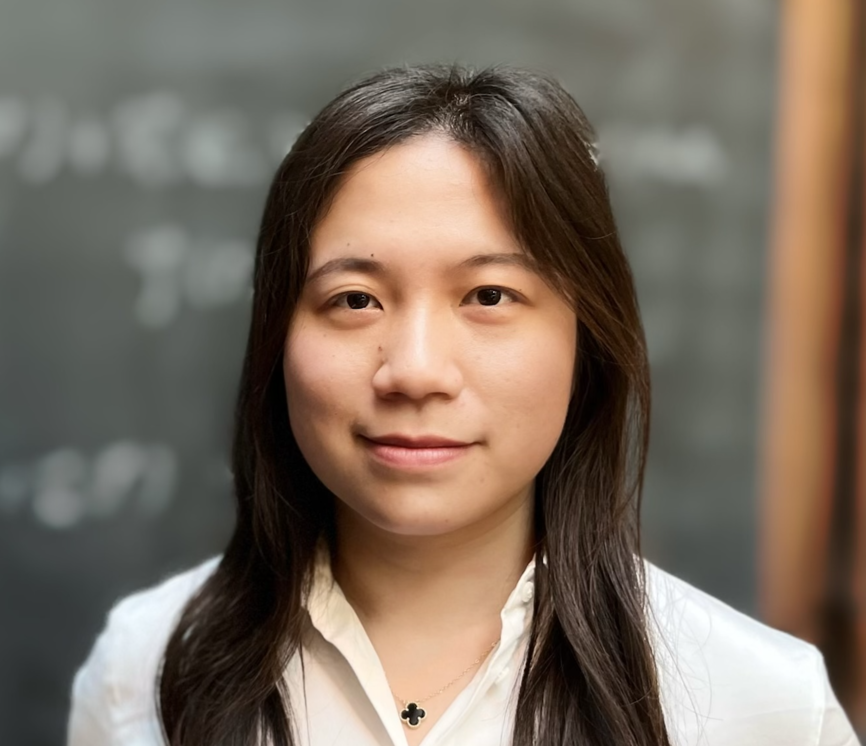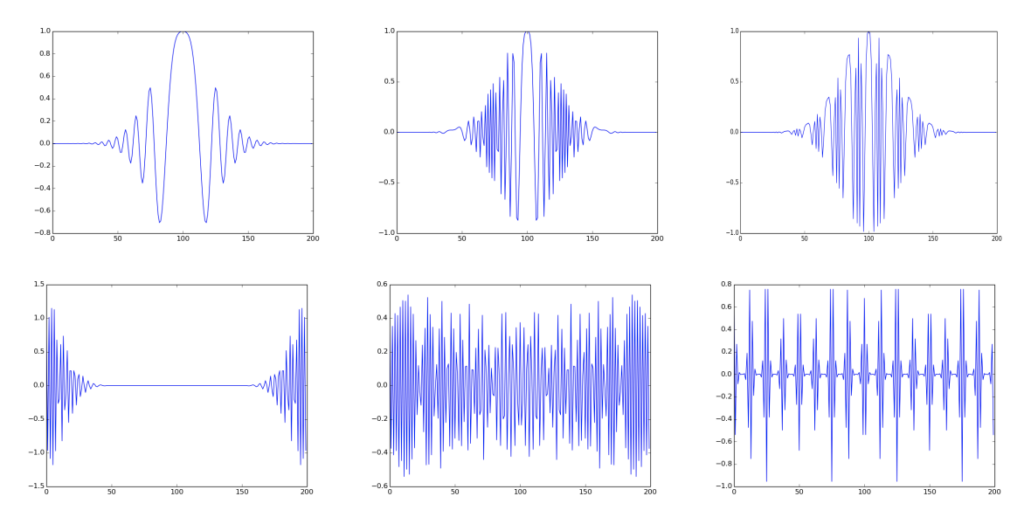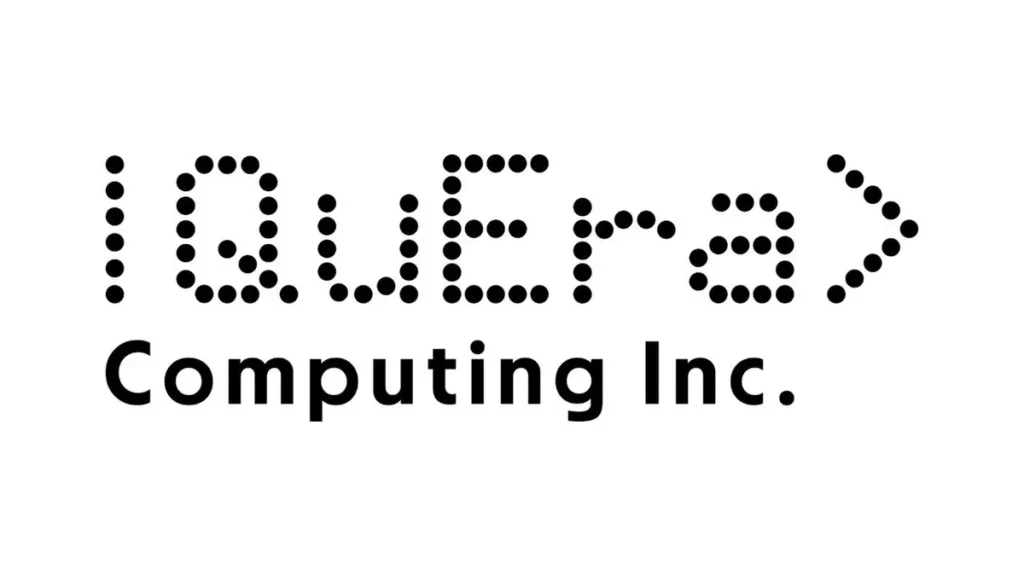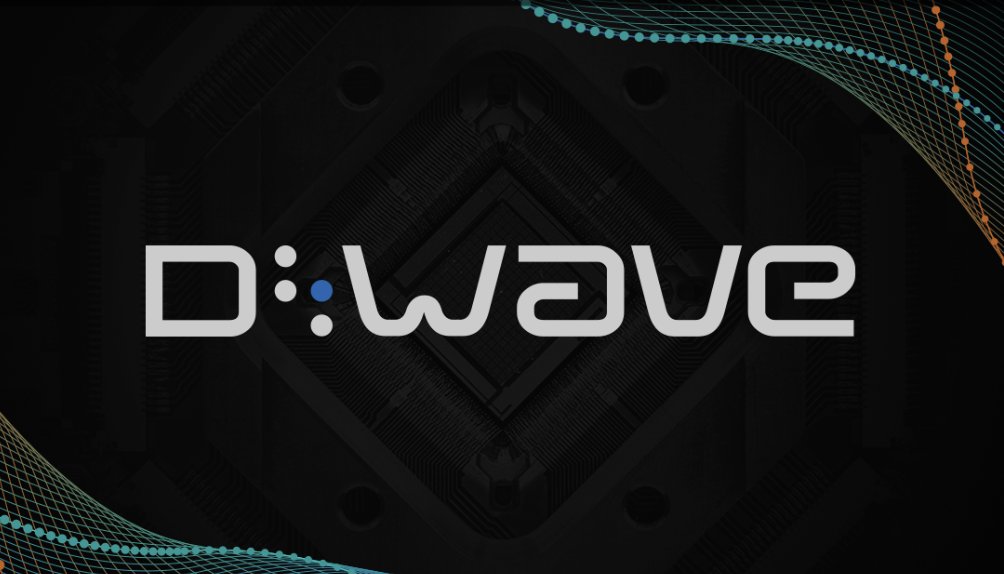PRESS RELEASE — Quantinuum, a global quantum computing company, today announced the release of InQuanto, a state-of-the-art quantum computational chemistry software platform that makes it easy for computational chemists to experiment with a wide range of quantum algorithms on today’s quantum computers.
InQuanto is available for the first time as a standalone platform to commercial organizations, bringing together the latest quantum computing tools in a single application. It was developed and deployed by Quantinuum’s quantum chemistry team to support collaborations with partners such as BMW, Honeywell, JSR, Nippon Steel Corporation, and TotalEnergies to explore quantum computing use cases specific to their industry. They have used it to understand the potential of quantum computing to improve the accuracy of complex molecular and materials simulations in their fields.
InQuanto enables users to mix and match the latest quantum algorithms, advanced subroutines, and chemistry-specific noise-mitigation techniques to make the best use of today’s quantum computers. The platform also helps computational chemists to break down larger industrially relevant systems into smaller fragments that can run on today’s small-scale quantum machines. It uses Quantinuum’s open-source toolkit TKET to reduce the computational requirements for electronic structure simulations and maximize performance across the widest range of quantum devices and simulators.
“Quantum computing offers a path to rapid and cost-effective development of new molecules and materials that could unlock novel answers to some of the biggest challenges we face,” said Patrick Moorhead, CEO and Chief Analyst of Moor Insights and Strategy. “The way to ensure progress is to start prototyping now, using real-world use cases, so that methods are tailored to solving actual needs of the industry. InQuanto is built to enable exactly this.”
BMW and Quantinuum have worked together using the InQuanto platform to simulate electrode reactions in hydrogen fuel cells, with the goal of achieving the highest fidelity on today’s machines. The collaboration has focused on modeling the oxygen reduction reaction. It has provided insights into how quantum computers could help with the future design of efficient catalysts and electrodes.
Elvira Shishenina, Quantum Computing Lead at BMW Group New Technologies and Innovation, said, “The path to future progress in materials modelling using quantum computers relies on a deep understanding of both the technology and our applications. Bringing together the fuel cells expertise and highly predictive quantum computing simulations could enhance the new materials development towards zero-physical prototyping.”
Through Quantinuum’s research and development (R&D) collaborations with global partners, the technology now available through InQuanto has led to the achievement of a number of firsts: it explored for the first time the quantification of drug-protein interactions using today’s emerging quantum devices; in a collaboration with Nippon Steel Corporation, it proved its capabilities in the simulation of materials such as iron crystals for steel development; and in a paper published with TotalEnergies, it was used to model metal-organic frameworks for carbon capture.
Ilyas Khan, CEO of Quantinuum said: “We are deeply excited about the news today. InQuanto is a perfect example of a product developed with the active support of the leaders across every sector deeply involved in quantum chemistry. We have created a dedicated quantum computing product for computational chemists looking for the bridge between classical computing, which they know well, and quantum techniques, which show so much promise.”
Rei Sakuma, Principal Researcher of the Materials Informatics Initiative at JSR Corporation, said: “JSR entered into a close partnership with Quantinuum very early on. We participated in the beta testing of InQuanto (formerly EUMEN) and have used it primarily for research and development on novel materials and property prediction. InQuanto is very easy to use, even for researchers and engineers without a deep knowledge of quantum computing. In the future, we would like to use InQuanto not only in research and development but also in actual manufacturing sites, based on the premise of further performance improvement of quantum computers.”
In another project, Quantinuum, together with Honeywell, applied InQuanto to investigate the applicability of quantum computing to the design of novel refrigerants. These complex compounds, widely used in many industries, are chosen for properties such as low toxicity, low flammability, and stability, as well as low global warming potential (GWP) and no ozone depletion potential. Finding new, environmentally friendly refrigerants is a critical challenge for future sustainable solutions. The collaboration modeled a reaction between methane gas, a simple refrigerant, and a simple atmospheric radical using capabilities built into InQuanto.
Gavin Towler, Chief Technology Officer for Honeywell PMT, said: “Honeywell is leaning forward to understand how we use quantum computing capabilities for our business. Tools like InQuanto will play a valuable role in inventing and discovering new chemicals with improved environmental performance.”
Quantinuum is also partnering with Mitsui & Co. and building on its global industrial reach in order to accelerate the InQuanto offering to industrial customers and researchers in Japan and the broader Asia-Pacific region.
Simon Toda, General Manager of Digital Technology Strategy Dept., Integrated Digital Strategy Div. at Mitsui & Co., said: “We are extremely excited to be working with Quantinuum, a global pioneer of quantum computing. We believe the InQuanto platform will bring great innovation to the research and development activities in the chemical industry. With our broad business assets and unique position in the industry and region, we are supporting our customers to create new, innovative value together with Quantinuum.”
For more market insights, check out our latest quantum computing news here.









